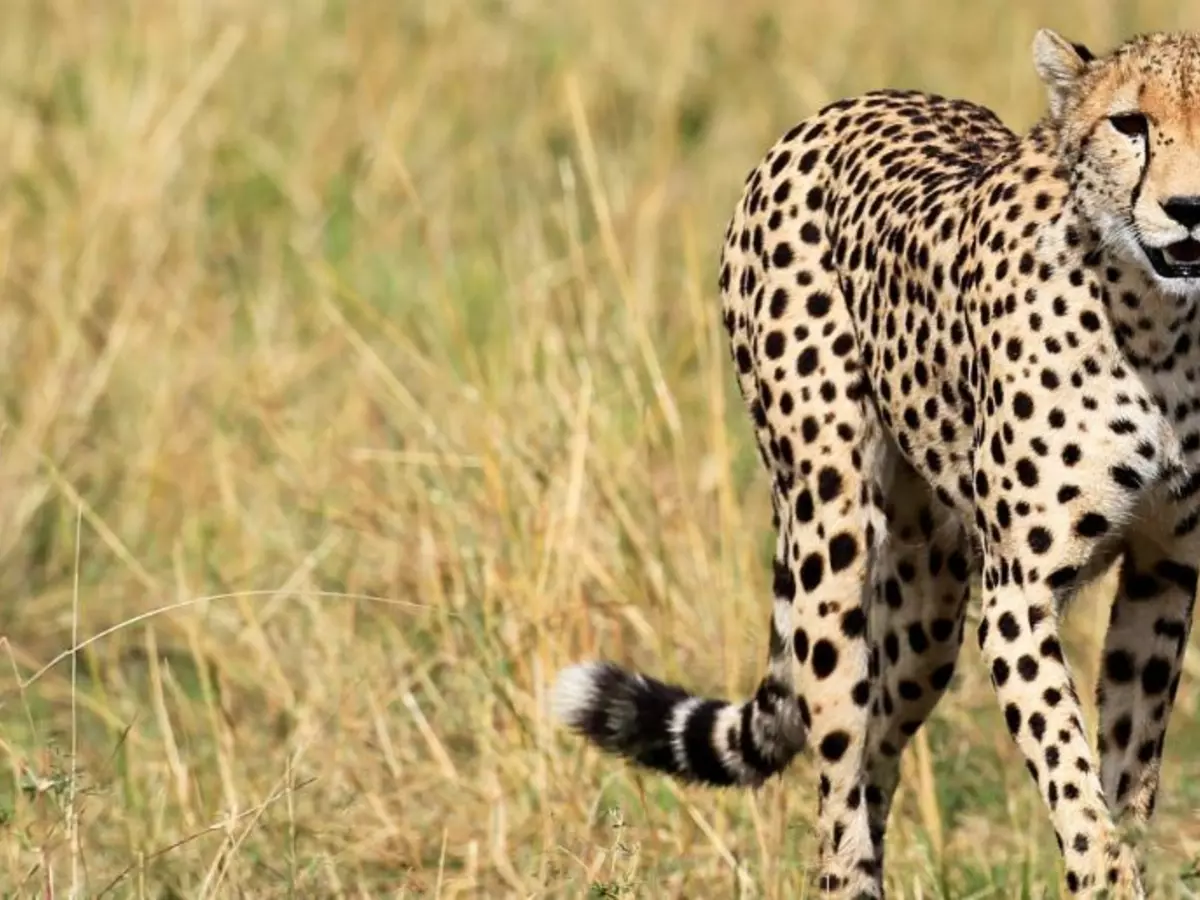Conservationists Want To Put Cheetahs On The Endangered Species List To Stop Them Going Extinct
They believe the official status will help speed up the legal processes involved.

One of the most iconic big cats on the planet, the cheetah, is in grave danger according to scientists. In fact, they believe its population in southern Africa is so low it should be put on a watch list.
The researchers studied cheetah populations in Africa, and are worried enough to want to call for the animal being promoted from ¡°vulnerable¡± to ¡°endangered¡± on the International Union for Conservation of Nature (IUCN) Red List.

Images courtesy: St¨¦phanie P¨¦riquet/National Geographic
According to the study, carried out in partnership with the National Geographic Society, only 3,577 adult cheetahs remain in southern Africa. It¡¯s the largest population of free-ranging cheetahs in the world, frighteningly, less than half of the estimated population published by the IUCN in November 2016.
The cheetah are settled across almost 800 square kilometres in Namibia, Botswana, South Africa and Zimbabwe. Unfortunately, the local farmers there aren¡¯t necessarily happy about that. According to the study, 49.7 percent of farmers consider the cheetahs at least an occasional danger to their livestock .However, at least 26.5 percent of these farmers actively kill or trap the speedy cat.
Scientists know they have to act quickly if they want to save the cheetah from going extinct before it¡¯s too late. To do that, they have to work with farmers whose lands play host to these big cats, and sometimes face the burden of their hunting sprees.
Florian Weise co-lead author of the study by Claws Conservancy.Weise says that if the cheetah's conservation status is changed, it will take a few years for the African countries' governments to adopt protective. Meanwhile, the hard numbers will help push forward legislation and budget allocations for the same.
¡°It puts them on the agenda,¡± Weise says. ¡°It¡¯s a red flag there is a problem.¡±
